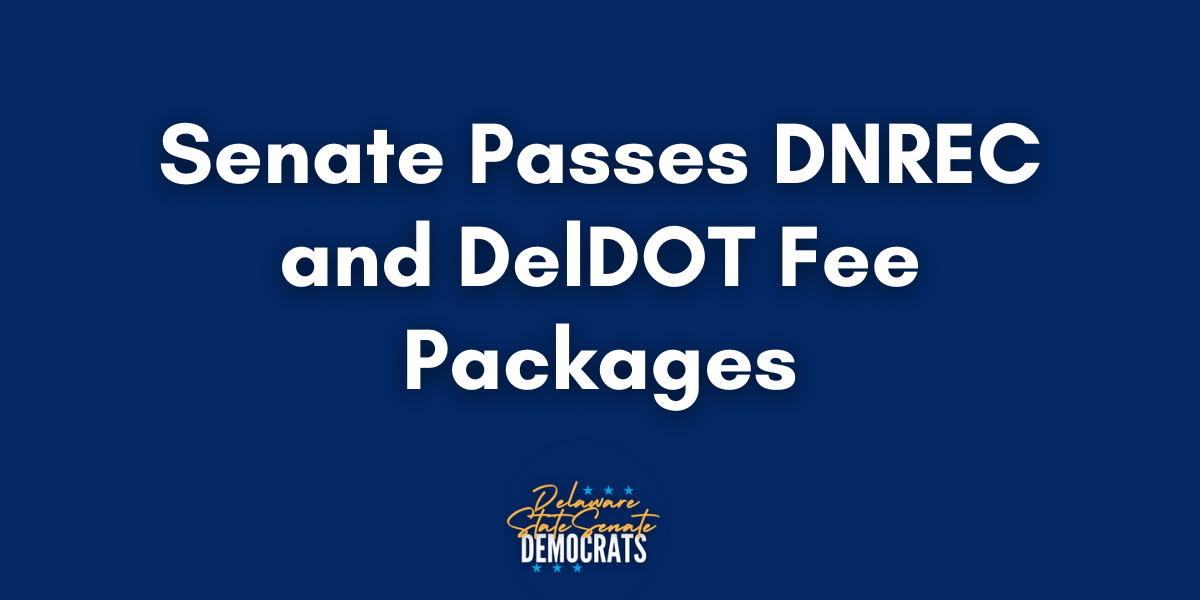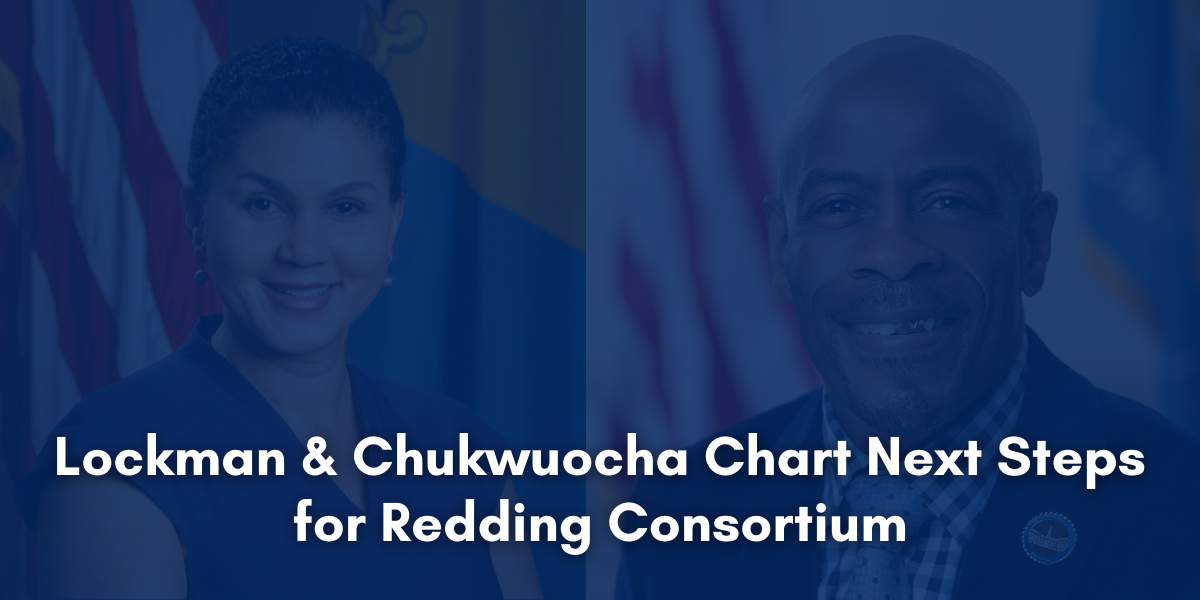FOR IMMEDIATE RELEASE | June 18, 2025
Contact: Sarah Fulton (302) 401-1114
DOVER — The Senate voted to pass two bills that update the fee structures for regulatory programs and services provided by the Delaware Department of Natural Resources and Environmental Control (DNREC) and the Department of Transportation (DelDOT.)
“No one likes to cast votes that raise revenues on the people we represent, but it’s our responsibility as leaders in this state to do so when the situation demands it,” said Senate President Pro Tempore Dave Sokola. “The fee packages that we’ve passed through the legislature this month will help to secure needed resources for two key state agencies. These fees are user-based, and ensure that taxpayers are not bearing the brunt of the rising costs associated with the agencies’ day-to-day operations.”
The fees that sustain DNREC programs constitute more than 50% of the agency’s annual budget, but have not been raised since 1991.
House Bill 175, sponsored by Rep. Deb Heffernan and Sen. Trey Paradee, updates certain DNREC statutory fees and establishes or updates certain permit and licensing fees for regulatory activities within the DNREC divisions of Air Quality, Waste and Hazardous Substances, Water, and Watershed Stewardship.
The fee proposals under HB 175 include:
- Division of Air Quality: Fee increases and new fees affecting construction, operation and variance permits for “natural minor” equipment that create air emissions, emergency generators, and complex natural minor permits.
- Division of Waste and Hazardous Substances: Fee increases affecting hazardous waste facilities, underground storage tanks, aboveground storage tanks, accidental release prevention program, gas dispensing facilities, solid waste facilities, recycling and composting facilities, and scrap tire disposal businesses.
- Division of Water: Fee increases, new fees, and fee decreases affecting licenses for installers, inspectors and operators, wells, water system allocations, wastewater systems, and subaqueous permits or leases.
- Division of Watershed Stewardship: Fee increases and new fees affecting sediment and stormwater plan review and beach construction.
“It’s time for us to bring our DNREC user fees in alignment with the real costs associated with the services that are provided to our community,” said Sen. Paradee. “By modernizing these fees, we’re enabling DNREC to continue funding its critical environmental preservation and management work — all while ensuring that the users of these DNREC services are the ones bearing the costs.”
No fees will be increased for the Delaware State Parks, including park entrance fees. Similarly, no fees will be increased for wildlife activities, i.e. any fees related to fishing and hunting.
“Delawareans rely on DNREC to protect our air, water, and coastline, and I think we can all agree that they should have the resources they need to do that job well,” said Rep. Heffernan. “It’s been more than 30 years since DNREC’s fee structure was last updated, and since then, the cost of providing their essential services has increased significantly. HB 175 will give DNREC the tools and funding that they need to protect our environment effectively and optimize the permitting process, all while making sure that the entities who use DNREC’s services are the ones paying for those costs, not the taxpayers.”
The projected revenue for these programs with the proposed fees is $7.2 million, compared to only $1.9 million if fees are left unchanged.
House Bill 164, sponsored by Rep. Eric Morrison and Sen. Marie Pinkney, modernizes and stabilizes funding streams for the State’s Transportation Trust Fund (TTF,) the primary source of revenue for the construction and maintenance of Delaware’s roads and infrastructure projects.
Motor fuel taxes — specifically state motor fuel taxes — were once considered a well-designed user fee for state-funded roads and other transportation infrastructure, because the vehicles that used these roads were gas-powered. However, innovation in vehicle construction and fueling methods has naturally led to a need for a change in how and where fees are collected. These projected decreases in revenues raised from the motor fuel tax — along with inflationary increases for professional services and construction and increases in operating costs for transportation projects — are some of the factors contributing to uncertainty and unsustainability in TTF revenues.
“Delaware is just one of a handful of states who have not implemented an electric vehicle registration fee — despite the work we’re doing to increase our EV infrastructure,” said Sen. Pinkney. “This legislation will adjust for the growing adoption of EVs while maintaining a reliable stream of transportation revenues.”
Under HB 164, toll charges would increase on Route 1 at Biddles Plaza (Middletown) and Dover, on the I-95 toll, and the US301 State Line Toll. The Route 1 and I-95 toll charges have not changed since 2014 and 2007, respectively. Increases will range from $0.50 to $1.50.
“Delaware’s motor fuel tax was established in 1970. We are living in a wildly different world now then we were then, and our transportation fee system needs to reflect that,” said Rep. Morrison. “We need to commit to working closely with DelDOT for regular reassessments to ensure that everyone who uses our roads are contributing fairly to their maintenance and safety, without adding any undue burdens to taxpayers.
Estimates suggest that HB 164 will yield $38.9 million in revenue.
Both bills head to Governor Meyer’s desk.
###



